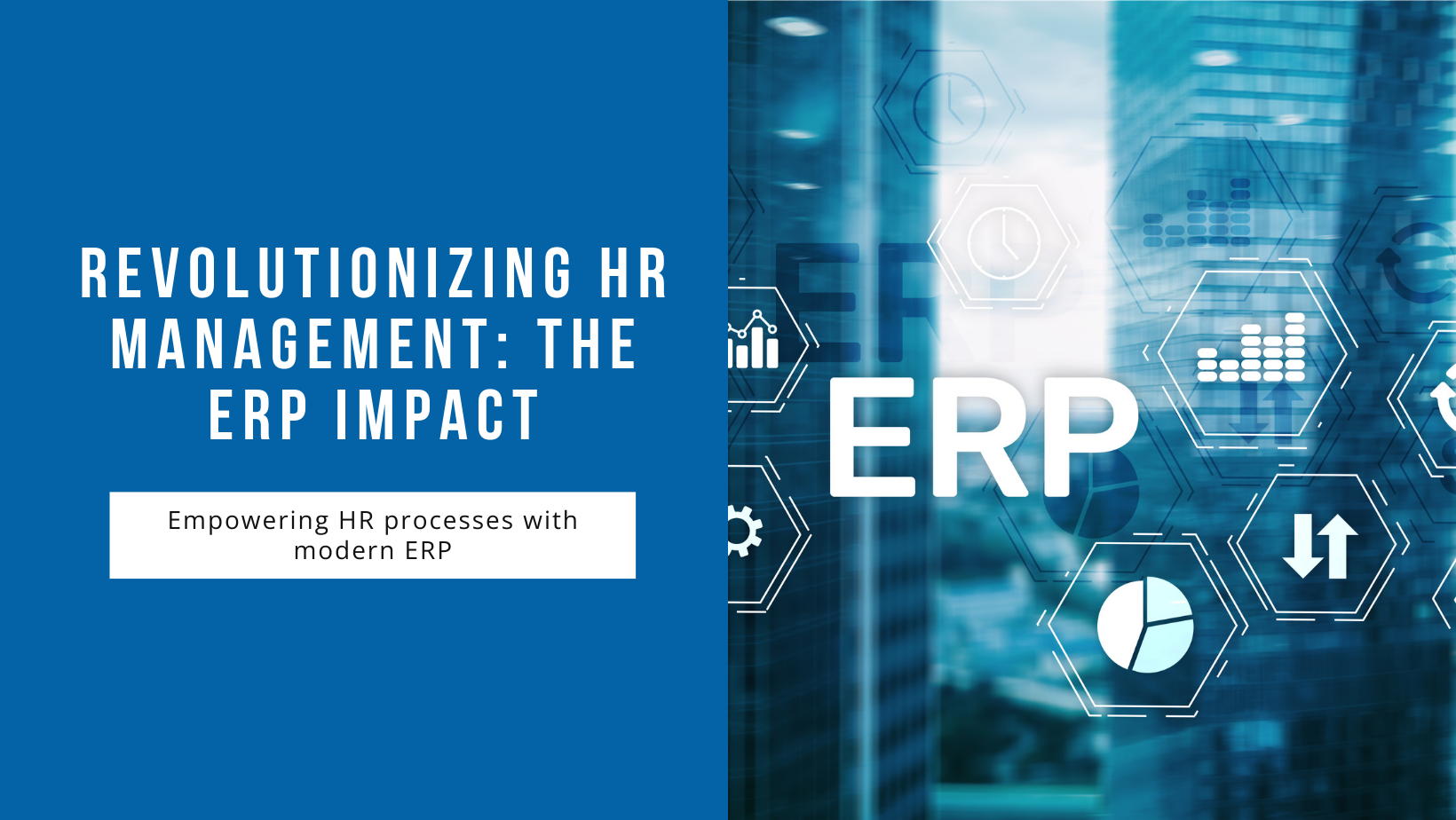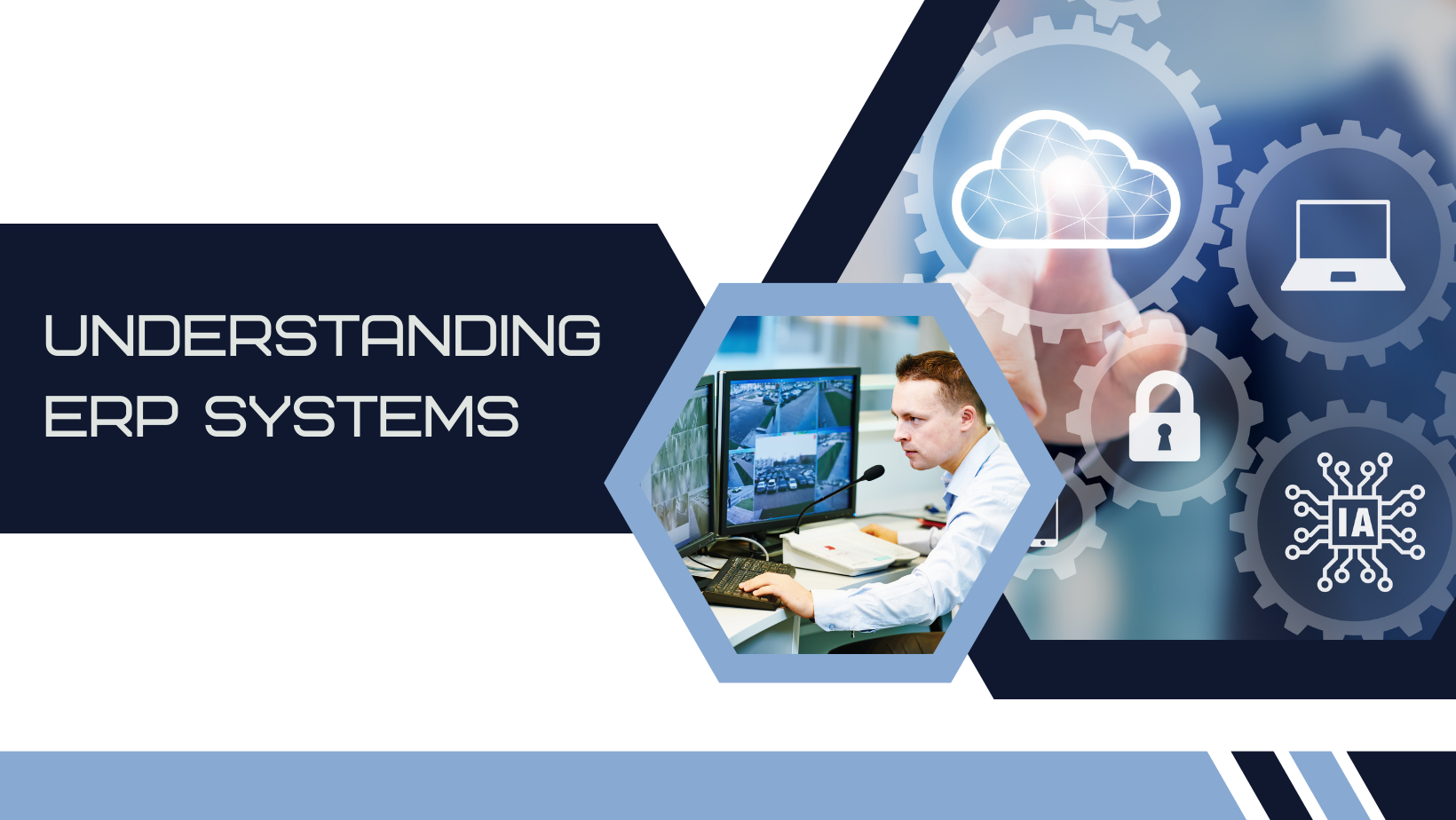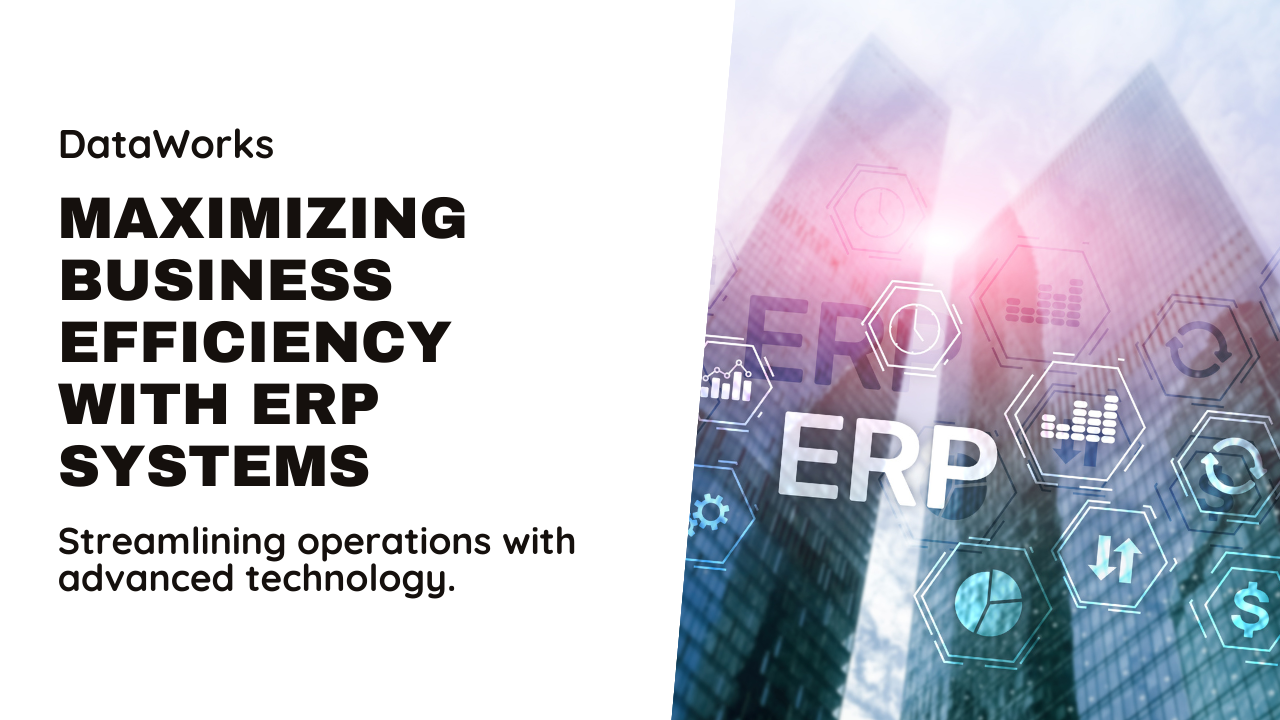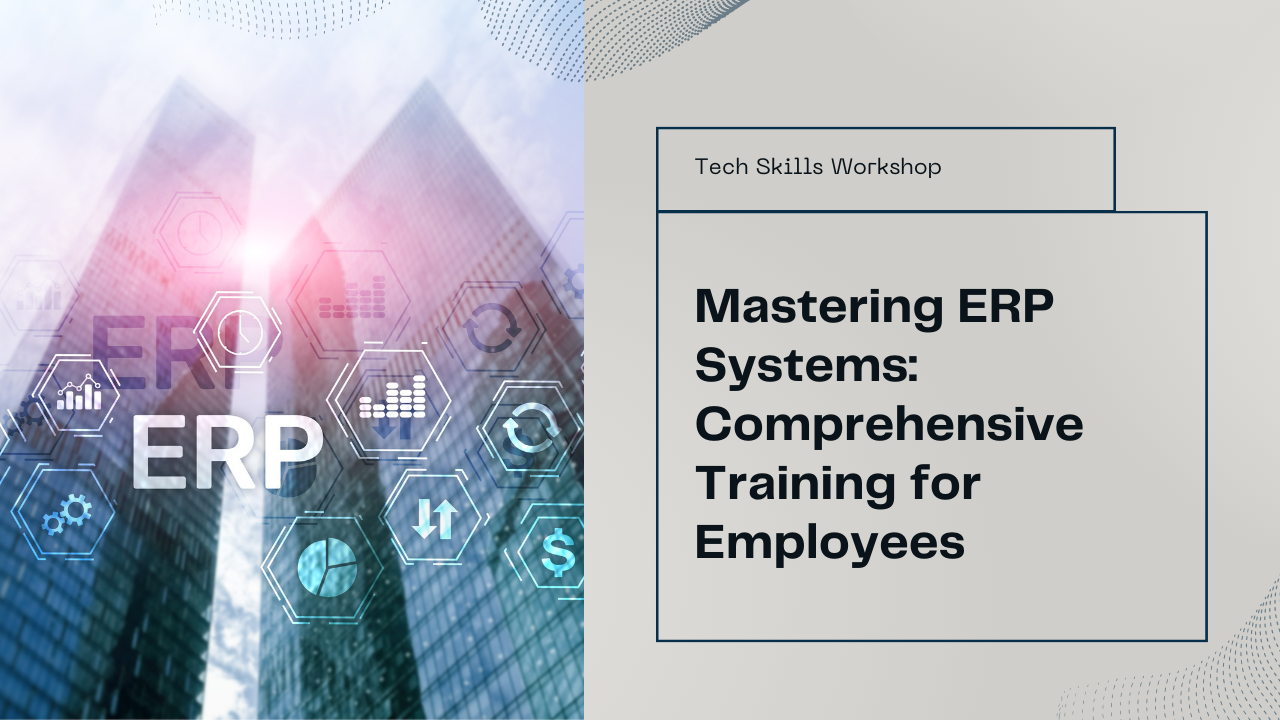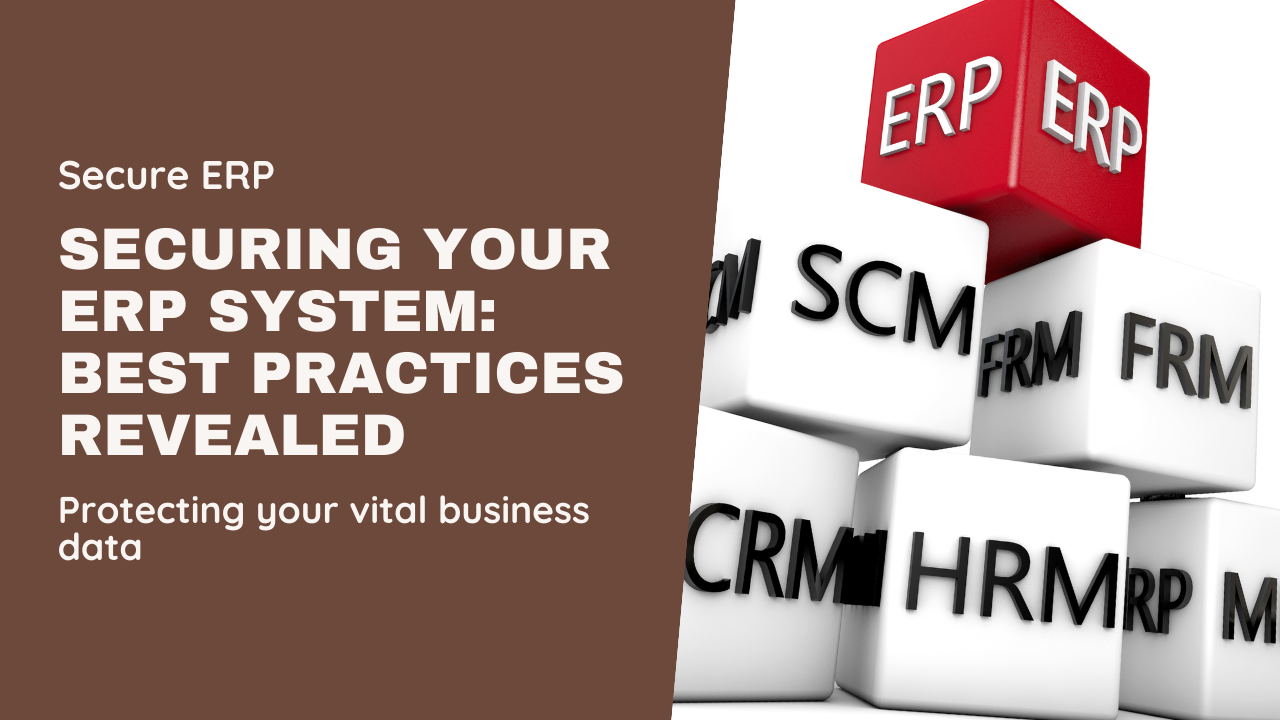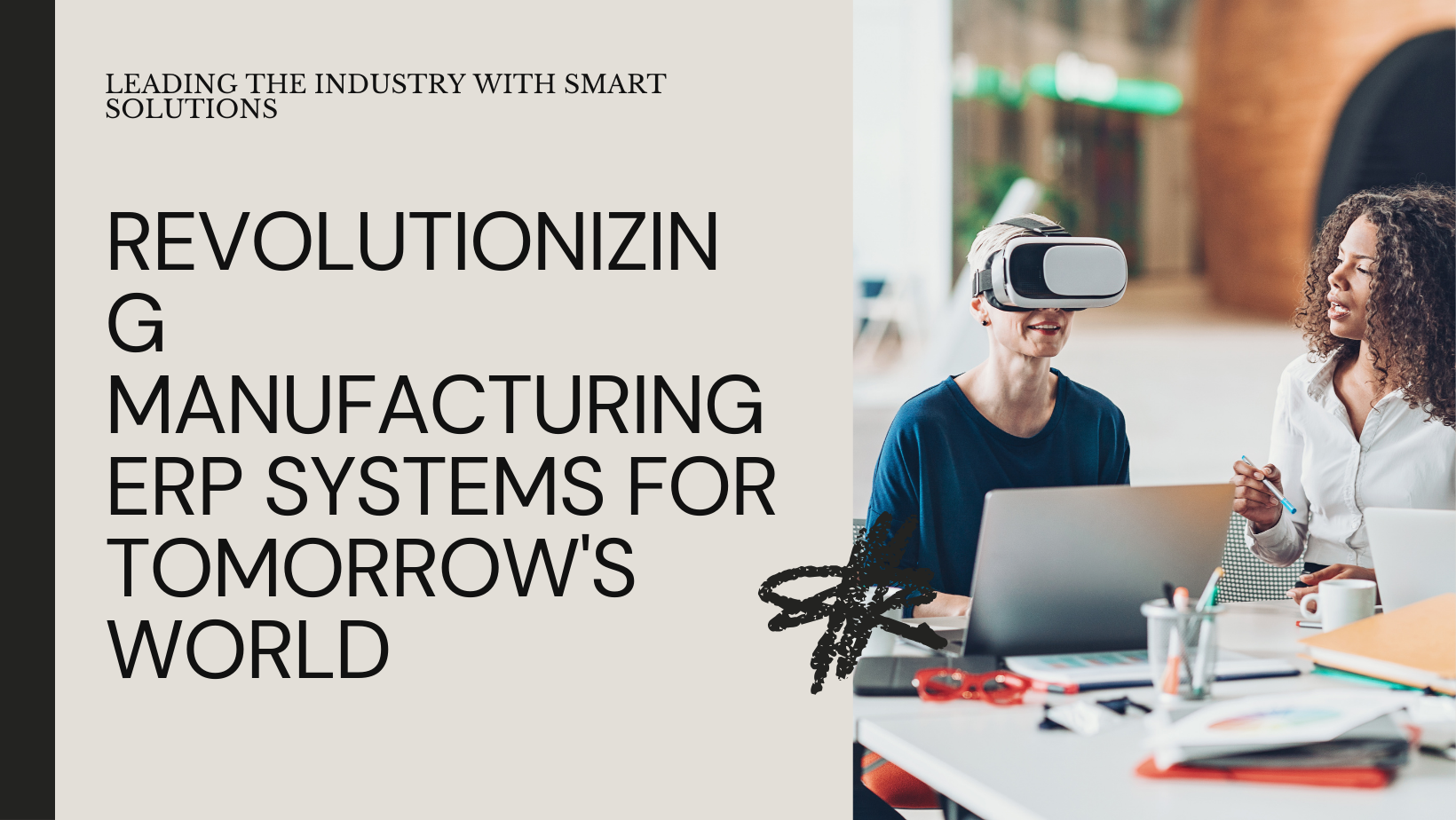Enterprise Resource Planning (ERP) systems have revolutionized how organizations manage their operations, including Human Resources (HR). In today’s digital age, ERP systems play a crucial role in optimizing HR functions, streamlining processes, and enhancing overall organizational efficiency. This blog explores the significant impact of ERP on HR management, highlighting key functionalities, benefits, implementation strategies, and future trends.
Understanding ERP in HR Management
ERP systems integrate various core business functions into a single platform, providing a centralized database and facilitating real-time information sharing across departments. In the context of HR management, ERP systems automate and streamline essential HR processes, such as:
- Employee Data Management: Centralized storage and management of employee information, including personal details, employment history, skills, and performance records.
- Payroll Processing: Calculation and management of employee salaries, benefits, deductions, and tax compliance.
- Recruitment and Onboarding: Automation of recruitment processes, applicant tracking, interview scheduling, and new employee onboarding.
- Performance Management: Tracking employee performance metrics, setting goals, conducting performance reviews, and facilitating feedback sessions.
- Training and Development: Managing training programs, tracking employee certifications, and assessing training needs based on performance data.
- Attendance and Leave Management: Monitoring employee attendance, managing leave requests, and ensuring compliance with company policies and regulations.
By integrating these functions into a unified platform, ERP systems streamline HR operations, reduce administrative overhead, and improve data accuracy and accessibility.
Benefits of ERP in HR Management
1. Efficiency and Automation
ERP systems automate routine HR tasks, such as payroll processing, leave management, and performance evaluations, reducing manual errors and administrative burdens. This allows HR teams to focus on strategic initiatives and employee engagement.
2. Data Integration and Centralization
Centralized HR data in ERP systems ensures consistency and accuracy across all HR functions. Real-time data updates enable informed decision-making, while integrated analytics provide insights into workforce trends and performance metrics.
3. Improved Compliance and Security
ERP systems help organizations comply with regulatory requirements and industry standards by enforcing data security protocols, managing employee records securely, and facilitating audit trails for compliance reporting.
4. Enhanced Employee Experience
Streamlined processes and self-service capabilities in ERP systems improve the employee experience. Employees can access HR information, submit requests, and update personal details through intuitive user interfaces, enhancing engagement and satisfaction.
5. Strategic HR Planning
Access to real-time HR analytics and reporting in ERP systems enables HR professionals to identify workforce trends, forecast staffing needs, and align HR strategies with organizational goals effectively.
Implementing ERP in HR Management
1. Assessing Organizational Needs
Before implementing an ERP system for HR management, organizations should assess current HR processes, identify pain points, and define desired outcomes and objectives.
2. Selecting the Right ERP Solution
Choose an ERP solution that aligns with organizational requirements, scalability, budget constraints, and integration capabilities with existing IT infrastructure.
3. Customization and Configuration
Customize ERP modules to meet specific HR needs, such as payroll configurations, performance appraisal templates, and workflow automation for recruitment and onboarding processes.
4. Training and Change Management
Provide comprehensive training to HR staff and employees on using ERP modules effectively. Implement change management strategies to ensure smooth adoption and minimize resistance to new systems.
5. Continuous Monitoring and Optimization
Regularly monitor ERP system performance, user feedback, and evolving HR requirements. Optimize system configurations, update software patches, and incorporate new features to align with changing business needs.
Future Trends in ERP and HR Management
1. AI and Machine Learning
Integration of AI-driven analytics and machine learning algorithms in ERP systems will enhance predictive HR analytics, talent acquisition strategies, and personalized employee experiences.
2. Mobile and Cloud-Based Solutions
Greater adoption of mobile-friendly ERP interfaces and cloud-based HR solutions will enable remote workforce management, enhance accessibility, and support global HR operations.
3. Blockchain Technology
Blockchain technology can secure sensitive HR data, streamline background verification processes, and facilitate secure peer-to-peer transactions, enhancing data privacy and trust.
4. Employee Well-being and Engagement
ERP systems will focus on integrating employee wellness programs, feedback mechanisms, and engagement initiatives to foster a positive work culture and improve employee retention.
Conclusion
ERP systems play a pivotal role in transforming HR management by automating processes, centralizing data, and enhancing organizational efficiency. By leveraging ERP solutions tailored for HR needs, organizations can streamline operations, improve decision-making, and elevate the employee experience. As technology evolves, future trends in ERP and HR management will continue to drive innovation, enabling organizations to adapt to changing workforce dynamics and competitive landscapes.
Investing in ERP for HR management isn’t just a technological upgrade but a strategic investment in organizational efficiency, compliance, and employee satisfaction. Embrace the future of HR management with ERP systems to stay competitive and agile in today’s digital economy.
